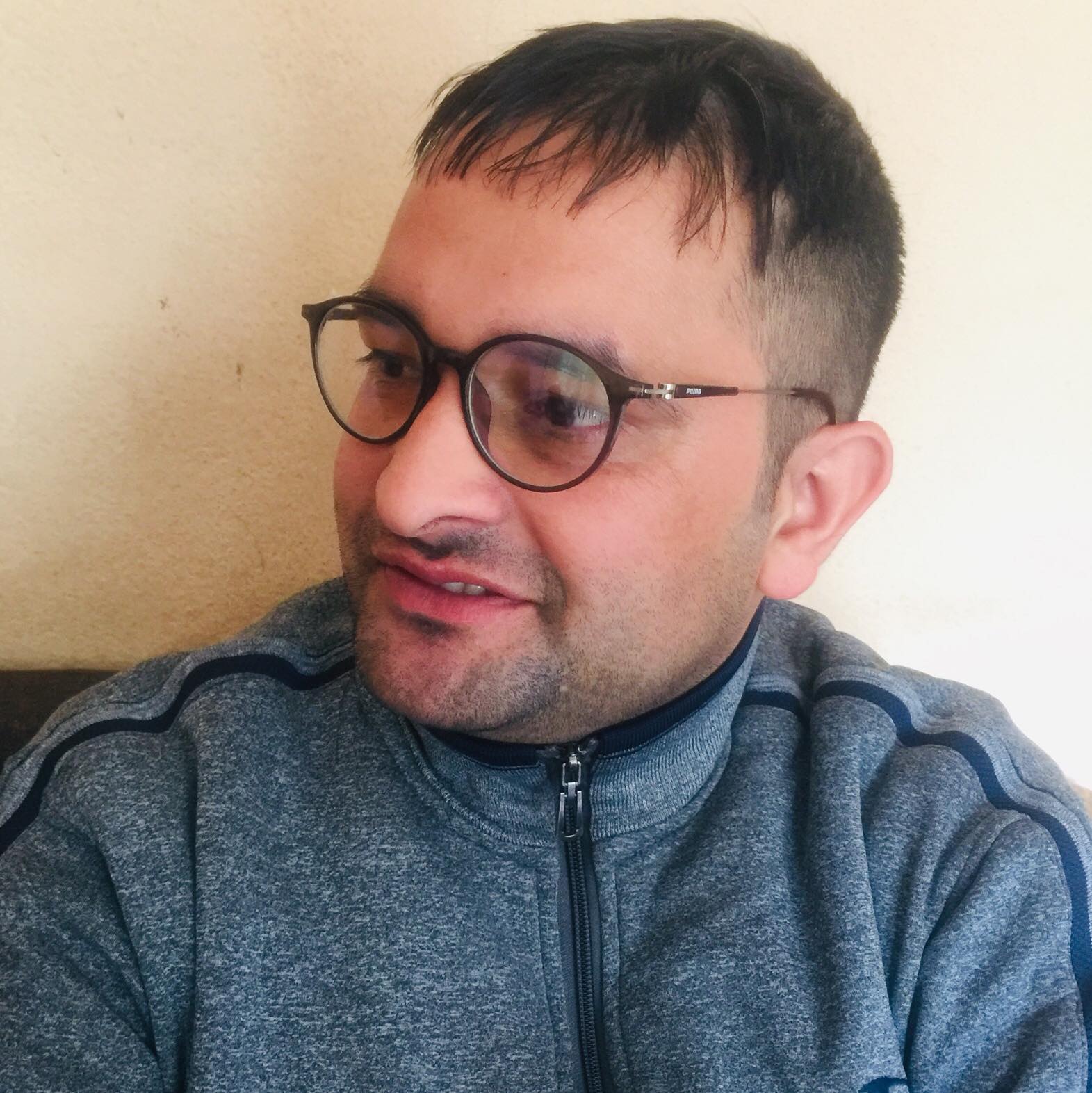

Irrespective of the political achievements Nepal has made through various movements in the country, the social problems are so entrenched that their reduction and elimination warrant broader social cooperation and collaboration.
The social problems are not only the obstruction to one’s potential but also the blight to social and national progress. In a patriarchal society like ours, women and girls suffer most from social ills.
Like many other social ills, the child, early and forced marriages are still in practice in Nepal, and particularly prevalent in the Madhesh and Karnali Provinces, which have evidently robbed the girls of their fulfilling life- education and potential.
In this connection, a project enforced in six municipalities of two districts- Mahottari and Rautahat of the Madhesh Province has come to a conclusion that evidence-based and broader social cooperation and collaboration could be a strategic approach to help reduce the social ill- the child, early and the forced marriage.
The ‘Local Systems Strengthening to Reduce Child, Early and Forced Marriage (R-CEFM)’ project was implemented jointly for four years by USAID’s Breakthrough ACTION and the Ministry of Sports and Social Welfare in Madhesh Province.
The finding of the intervention showed the conventional approach of reducing child, early, and forced marriage could not yield the expected result, but a multi-stakeholder engagement ranging from adolescents to social influencers, political leaders, and religious gurus. Despite the claim that child marriage was declining in the province, it was found still prevalent, thereby taking a toll on the education of adolescent girls in the Madhesh.
R-CEFM Project Chief Shreejana KC shared the finding amidst a programme in Kathmandu on Wednesday. She said that child marriage was still in practice from 35 to 50 percent, but adequate attention and engagement were lacking to reduce it. So, they worked at local levels in Madhesh Province.
“Surprisingly, child marriage was regarded as normal owing to social custom, so strengthening of the system was underlined with the collaboration of the Ministry of Sports and Social Welfare in Madhesh Province,” she said, adding that it resulted in positive impacts that not only made the adolescent girls aware about their rights but their parents also began advocating for daughter’s marriage after 20 years.
The most important part of the project was togetherness with the local level and Province government to tackle social problem. “Change in social behaviour was realized imperative to gradually reduce the pressing problem of the child, early and forced marriages,” she underlined.
Moreover, generating evidence for advocacy of change in budget and policy to address this social problem was a remarkable achievement over the past four years, according to her.
“Incorporation of religious leaders, people’s representatives, students, party representatives, child clubs, influencers together with local government to identify problem and seek solution helped reduce the early, child and forced marriages at local levels,” said Pranab Rajbhandari, Country Manager of Breakthrough ACTION.
He appreciated the Province and local levels’ readiness and cooperation to reduce child, early, and forced marriages.
Similarly, the Chief of Women, Children, and Senior Citizens Section at Loharpatti Municipality of Mahottari district, Yashoda Karki, said the enforcement of the project helped generate evidence on child marriage. A census relating to children’s rights showed child marriage was at 53 percent in our local level, while early marriage of girls was over 80 percent.
“As a daughter’s marriage is a matter of pride and prestige in society, the parents want to marry their daughters before marriageable age. It is difficult to persuade all sides, including parents and girls at once, but gradual intervention helps. So, if we want to change society, investment on adolescent girls along with collaborative measures is must,” Karki underlined, suggesting expansion of such programmes in all eight districts of Madhes Province.
Similarly, Secretary at Ministry of Sports and Social Welfare in Madhes Province, Chudamani Phuyal, appreciated the USAID for the enforcement of the project that helped raise awareness and involved multi-stakeholders to reduce child, early and forced marriage in the respective local levels.
As social problems can not be wiped out in a short time, continuous awareness, engagement and capacity building are required. I request the supporters to expand such project in other districts of the province. Sometimes even the legal hurdles and contradictions perpetuate social problems, according to Phuyal.
Visual presentations were made on the occasion, showcasing the views of adolescent girls, people’s representatives, social influencers, change makers, and religious gurus on the changes and impacts of the project.
A girl Preetam Thakur from Rauthat district observed, “Parents may be convinced when we talk openly about our education and career goals, but pressure from relatives and neighbours to marry early remains a problem.” She further shared positive parenting workshop run by R-CEFM project helped her a lot.
Thakur, as documented in the report, saved herself from becoming a child bride, and was one of the first to be educated beyond Grade 10 and work outside her home in a community where the traditional occupation is barbering.
During the project, as many as 540 psychological first-aid counseling and 2,700 life skills sessions were provided, thereby benefitting a total of 7,800 students. Similarly, 6,522 parents were also provided orientation and counseling to encourage them to allow continuity of daughters’ schooling. Along with bursary support, the students from the respective municipalities were provided remedial sessions- better study on English, Math, Nepali, and Science subjects.
It was further informed that the four-year intervention reinforced the institutional and technical capacity of the governments by launching social and behavior change (SBC) activities. The project also fostered the strengthening of child protection system by adopting community-based, multi-sectoral, and data-driven approaches.